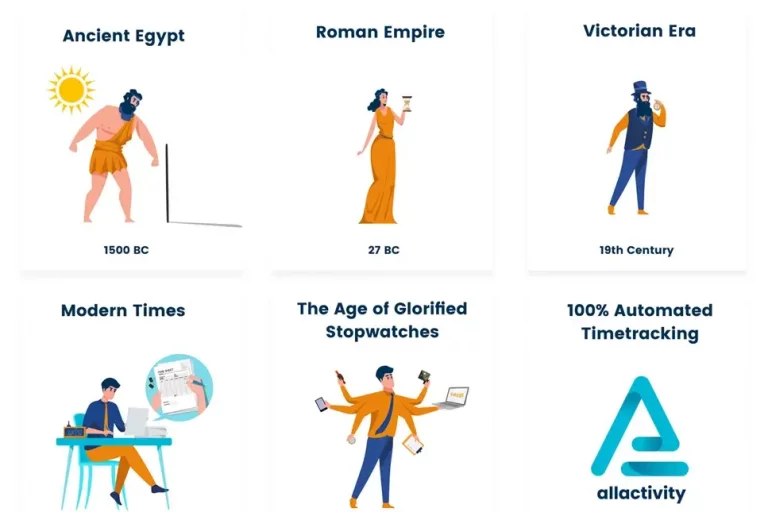Leading Leaders: The Role of Mentorship and Development

Are you the uber-leader? Or helping the ultimate alpha in your organization get her leader ducks in a row? Be it as it may, if you are reading this, you are probably in a pretty unique position to mentor and help grow the next generation of leaders in your organization.
By reading this article, you will learn about the role of mentorship in leadership development and gain insights into how to create a mentorship program in your organization. You have no time to waste, so let’s get started!
Claim your AllActivity
software demo
Ask for a complete 2-month free trial and start achieving better results from the beginning!
- Is leading leaders any special?
- The Importance of Ongoing Learning and Development for Leaders
- The Role of Mentorship in Developing Leaders
- The Impact of Mentorship on Leadership Styles and Approaches
- How to create a mentorship program for developing leaders in your organization
- The impact of technology on leadership and mentorship
- Conclusion
You bet! Leading leaders is different from leading non-leaders in a few important ways. First of all, leaders are definitely more experienced and often more knowledgeable in their field than non-leaders. Accordingly, you may require a different approach when it comes to managing and motivating them. Drawing on leadership stories, which encapsulate diverse experiences and learning journeys, can be highly impactful. For example, leaders will respond a lot better to coaching and mentoring than to traditional management techniques, such as goal-setting or straight-up commands. Here’s why:
Another thing that makes this task special is that leaders will, by nature, often lead teams of their own, which makes for different priorities as they reflect on the next step in their development. A leader, for example, may be more focused on developing their team and empowering them to take on more responsibility, while a non-leader may be primarily concerned about their individual tasks, goals and career advancement.
Finally, leaders often have a greater degree – and expectation – of autonomy and decision-making power than non-leaders. That in turn requires both (i) more support and guidance, so they can make the best use of that power and freedom, and (ii) a less directions that would otherwise make them feel fenced in.
Who would have thought – Ongoing personal and professional growth is crucial for leaders who’ve made it their mission to stay ahead in a fast-paced business world. Consider the following observations:
Now that we’ve understood the significance of leader development, let’s look at the importance of great mentoring in leading leaders.
Mentorship plays a crucial role in the development of leaders, including those who aspire to become a people leader. To start with the basics, let’s agree on definitions: a “mentor” is generally seen as an experienced and trusted advisor who helps guide a less experienced individual, known as a “mentee”, through the challenges and obstacles of their professional journey.
Central to this understanding is the fact that a mentor does not need domain knowledge, i.e., he does not have to be experienced in exactly the field, in which the mentee is active. In fact, if the mentor and mentee come from different industries, that might make the relationship all the more productive.
So, without further ado, here are the most important benefits we have in mind when suggesting a leader be mentored:
It’s obvious from the above short list that mentorship can be an invaluable tool for developing leaders generally. But let’s look at one special attribute of leaders that is key to any successful organization.
When it comes to evaluating the performance of team members, there’s a gazillion criteria out there that you can apply: technical skills, commitment, team play, diligence, speed, etc. are but a handful of attributes that come to mind.
As for leaders, however, given their unique role in any organization, you will be looking for one more thing: The leader’s approach to leading other people, aka, her leadership style. In the case of senior leadership, the stakes are even higher, as their decisions can have a far-reaching impact. With leadership being perhaps the quintessential soft skill, mentorship plays an outsized role in that regard and will lead to:
With so many obvious benefits that mentorship brings to the table, creating a mentorship program for leaders can be a valuable investment for an organization. A well-designed system can provide numerous benefits to leaders, making the task of leading leaders much less daunting.
Here is a step-by-step plan for creating a mentorship program for leaders:
Follow these steps and your mentorship program will be up and running in no time. But don’t stop there, we have one more insight to share with you.
When you think about technology and leadership, there’s one thing you shouldn’t miss: task mining. Haven’t heard of that before, have you? But trust us, it’s a game changer!
Task mining is all about understanding how your team spends their time by analyzing data from project management and communication platforms. With this information, you can identify inefficiencies, prioritize tasks, and allocate resources more effectively. And when it comes to leading leaders, there are all sorts of benefits to using a task mining tool:
If you’re interested in giving this a try, check out Allactivity.
And if you want to leverage technology further, there’s always the classics that will make your task of leading leaders easier:
In times like these, technology is too important to leave out of the equation. Pick your favorites and get started today!
Leading leaders is a whole different ball game compared to managing regular employees. Naturally, it’s important to approach it differently and that’s where coaching and mentoring come in. These methods allow for a more personalized and individualized approach, creating a safe space for experimentation and risk-taking. Plus, they can help build trust and improve communication within the team. And let’s not forget about the importance of ongoing learning and development for leaders. It keeps them adaptable, innovative, and can even inspire their team members to grow.
Task mining tools like AllActivity can also be super-helpful in understanding how your team spends their time and identifying areas for improvement – give it a try!
Overall leading leaders is a rewarding and important challenge that can have a major impact on your organization’s success. Just remember to keep things casual and have fun with it!
AllActivity is about to take off!
Be the first to know when AllActivity launches and get your hands on special offers, news, and updates!
Whenever you’re ready…here are 4 ways we can help you increase your productivity, lifestyle & health by embracing automation:
- Claim your AllActivity Software Demo. Ask for a complete 2-month free trial and start achieving better results from the beginning!
- If you’d like to learn how automation and task mining can take your team or organization to the next level, go to our blog or visit our Task Mining section, where you can find our lifestyle calculator and find out how to be more efficient!
- We are hiring! If you are passionate about coding, enjoy new challenges and working in an international team, we are looking for you!
- If you know more people who’d enjoy reading this page, feel free to share it via email, LinkedIn, Facebook or Twitter





































